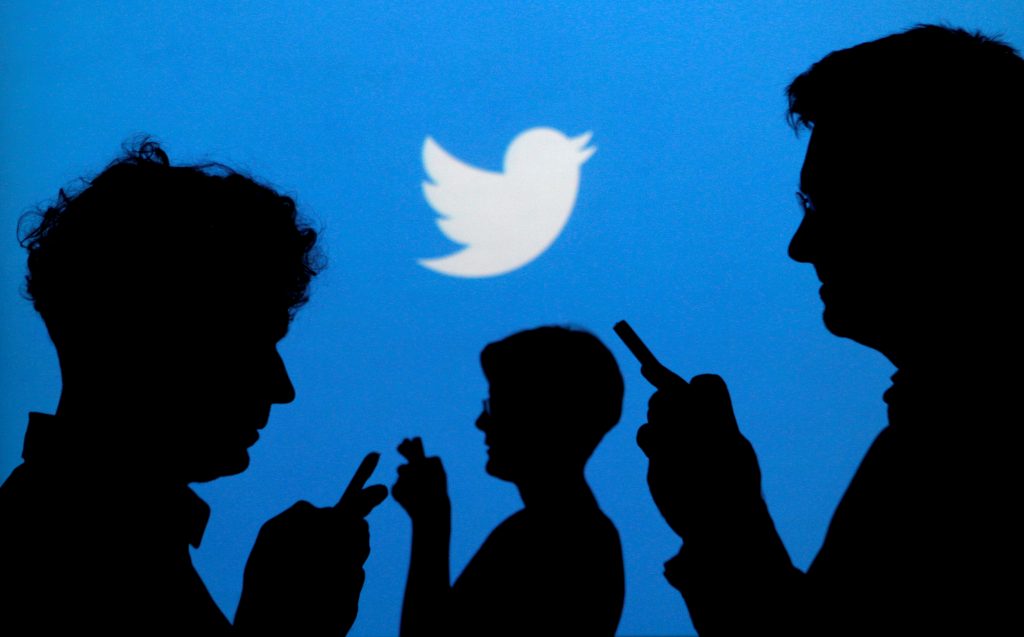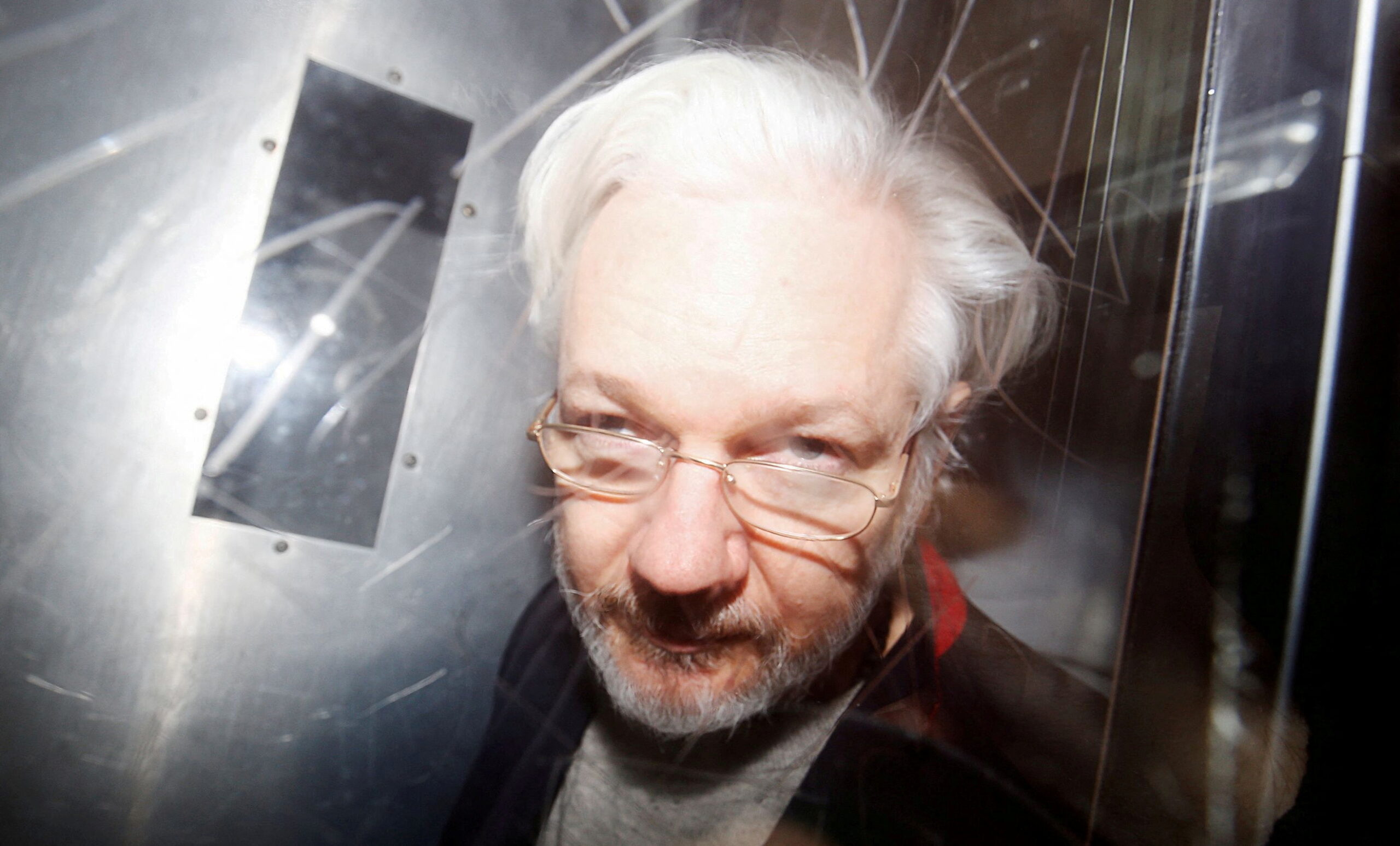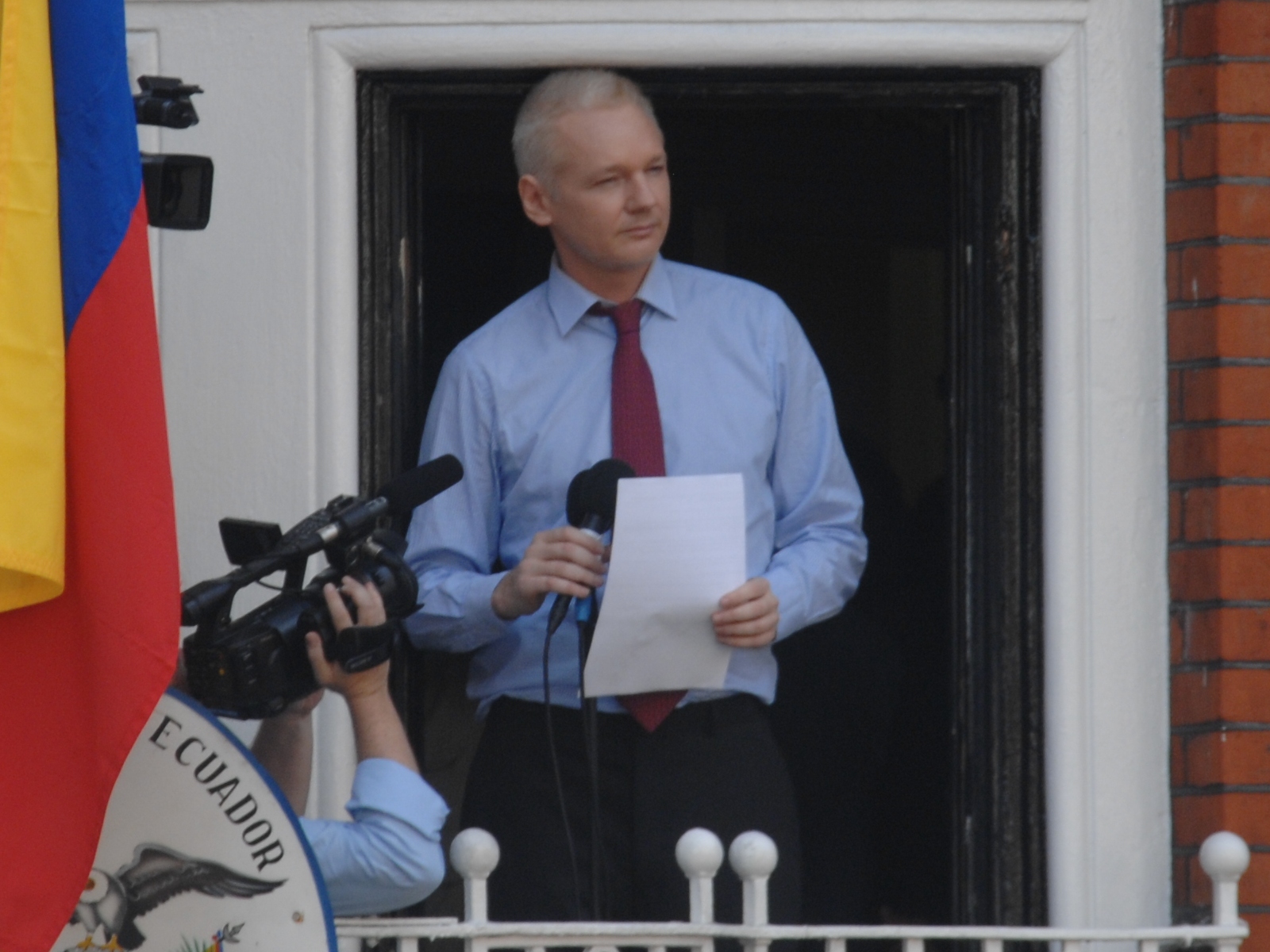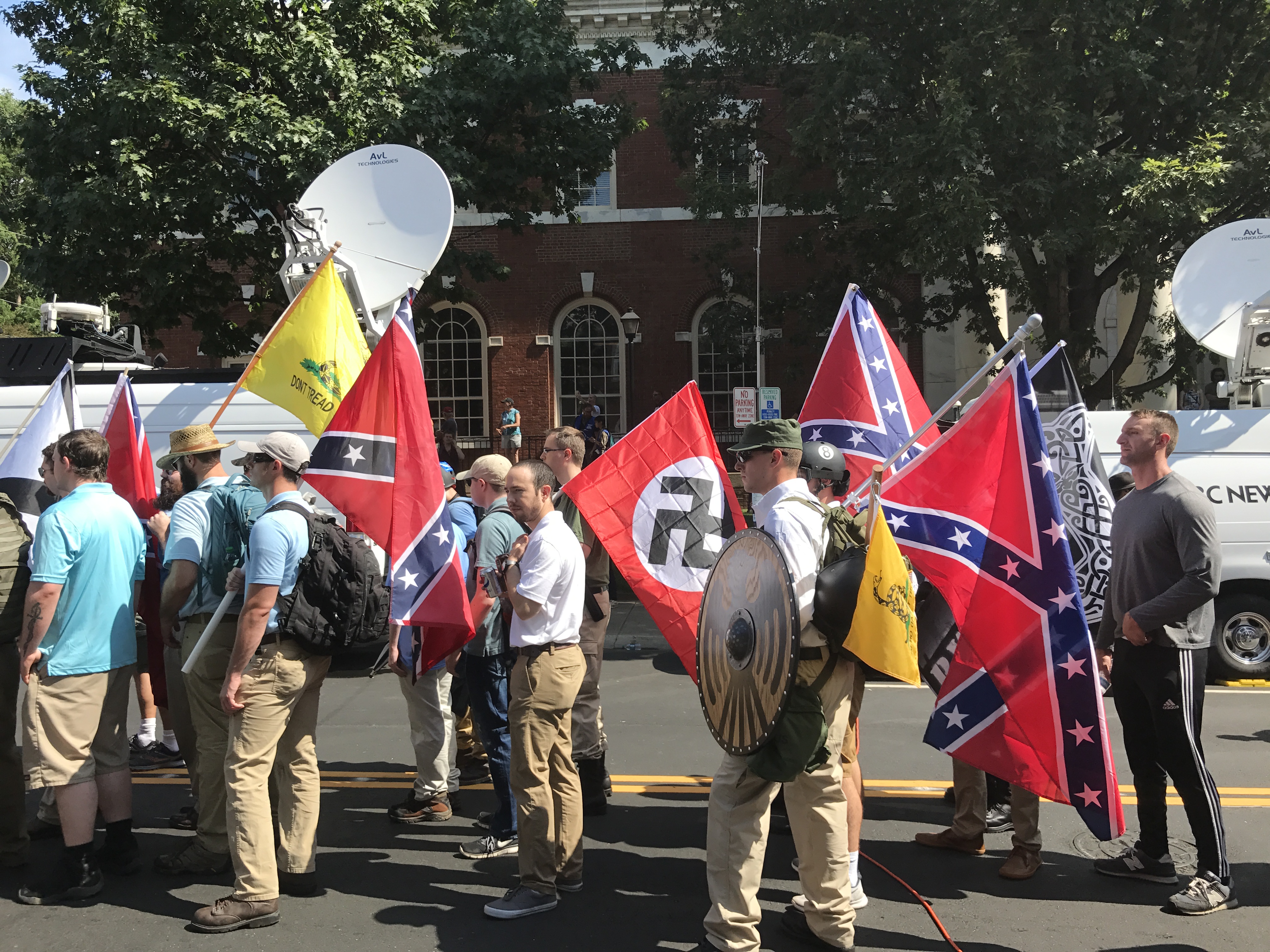The FBI restricted what Twitter could publish in its biannual “Transparency Report,” but the U.S. Court of Appeals for the Ninth Circuit ruled March 6 in a 2-1 decision that it was not a violation of the company’s freedom of speech.
In 2014, Twitter sued the Department of Justice and the FBI for violating its First Amendment rights after the bureau told the platform that its “Transparency Report” could not specify the exact number of information requests made to the platform between July and December 2013. The government claimed that publicly releasing this classified information would pose a risk to national security.
Twitter’s Transparency Report provides users of the platform with “insights into legal demands to provide account information from governments, law enforcement, and third parties around the world,” according to its transparency page.
Twitter argued that the FBI invoked an “unconstitutional prior restraint and content-based restriction on, and government viewpoint discrimination against, Twitter’s right to speak about information of national and global public concern,” according to the lawsuit.
The Ninth Circuit held that Twitter’s argument “fail[ed] to persuade,” affirming an April 2020 decision from the U.S. District Court for the Northern District of California which dismissed Twitter’s First Amendment claim. The federal district court found that the government met the strict scrutiny standard, which requires any restrictions on speech to meet a compelling state interest and must be narrowly tailored to achieve that interest. The Ninth Circuit agreed.
While the Ninth Circuit did recognize “Twitter’s desire to speak on matters of public concern, after a thorough review of the classified and unclassified record, we conclude that the government’s restriction on Twitter’s speech is narrowly tailored in support of a compelling government interest: our Nation’s security,” wrote Circuit Judge Daniel A. Bress.
The Ninth Circuit held that precedent protecting against prior restraints — orders issued by a court that prohibit the publication or broadcast of material that in some way is deemed especially harmful — “are not required in the context of government restrictions on the disclosure of information transmitted confidentially as part of a legitimate government process, because such restrictions do not pose the same dangers to speech rights as do traditional censorship regimes,” according to the decision.
This means that the censorship of national security information is not as threatening to free speech rights as the censorship of films, for example.
See our Teacher Guide: Prior Restraints — The Most Egregious Violation of First Amendment Rights
The Ninth Circuit referenced framework established in the 1965 Supreme Court decision in Freedman v. Maryland. Freedman focused on a Maryland statute that required all films be approved by a board of censors before they were shown. The court created standard guidelines to prevent the “undue inhibition of protected expression,” where the one censoring must initiate judicial review with an expeditious timeline to not risk the censorship of potentially protected material, according to Andrew Crocker, senior staff attorney at the Electronic Frontier Foundation.
But the Ninth Circuit ruled that the framework provided in Freedman “is not constitutionally required. What we have here is not ‘a classic prior restraint,’” or one that is “traditional” in the sense of film censorship.
Crocker said a “classic prior restraint” is an idea that “has no support in the law. It’s something that courts have invented only in regard to national security. They’re trying to say that there’s some kinds of prior restraints that are the most serious, or the most ‘classic’ … They try to argue that national security restrictions on speech are different because, as I understand it, the censorship is censorship of material that the government itself has produced because it involves these demands for information about the government’s investigation.”
Prior to filing its lawsuit, Twitter sent a drafted Transparency Report to the FBI in which it sought to include the number of national security letters, or NSLs, and Foreign Intelligence Surveillance Act, (FISA), orders sent to the company. The FBI redacted portions of the report, barring Twitter from sharing the total number of FISA orders it received. This prompted Twitter’s complaint.
In June 2015, President Barack Obama signed the USA Freedom Act into law, which sought to curb the U.S. government’s collection of detailed phone records in bulk of both Americans and those outside of the U.S. This change was a result of the release of classified material from National Security Agency whistleblower Edward Snowden, which exposed a surveillance program run by the government. This resulted in increased scrutiny of the government’s surveillance, and large platforms wished to relay this surveillance information transparently to its users. After the enactment of the USA Freedom Act, Twitter amended its initial complaint.
The amended complaint claimed the redacted portions of the drafted transparency report were “‘improperly classified’ and that the government’s prohibition on Twitter’s publishing that information violated the First Amendment,” according to the Ninth Circuit’s decision.
The USA Freedom Act permitted the public release of information by companies that received NSLs or FISA orders from the government, but the quantities disclosed were limited to ranges or “bands” of 1-100 or 1-150, for example. Also, companies were unable to disclose to the public if they received no requests from the government.
On Twitter’s transparency page, it only reports 26 NSLs that are no longer subjected to non-disclosure orders, as the company believes it’s “much more meaningful to publish these actual numbers than reporting in the bands authorized per the USA Freedom Act.”
“Twitter is committed to continuing to use the legal mechanism available to us to request judicial review of these gag orders,” the page states. “We view each request for judicial review as an opportunity to strengthen the legal precedent protecting our First Amendment rights.”
Judge Bress wrote that while “the government may not fend off every First Amendment challenge by invoking national security,” the court “must apply the First Amendment with due regard for the government’s compelling interest in securing the safety of our country and its people. We hold here that, both as a matter of substance and procedure, the government’s restriction on Twitter’s speech did not violate the First Amendment.”
March 6, 2023 — Twitter v. Garland, Ninth Circuit Decision
Tags




